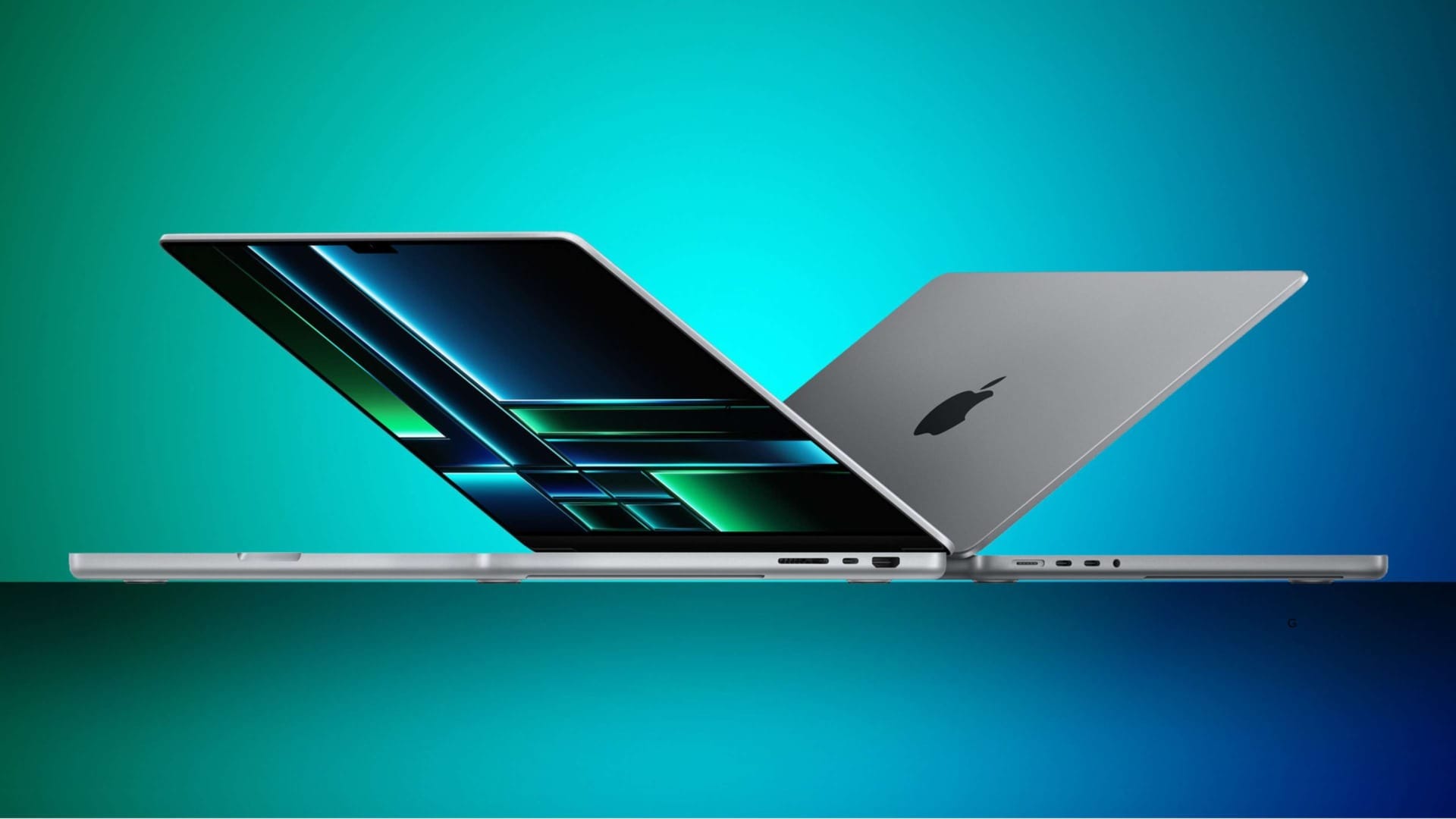Apple’s MacBook Pro poised for OLED transition by 2026
Apple is set to introduce OLED displays in its MacBook Pro models by 2026, promising significant advancements in display technology.

Apple, a key player in the ever-evolving technology landscape, is preparing to make a momentous stride. It plans to transition its MacBook Pro models to OLED displays, a move that could potentially take place by 2026. This shift is not just a mere change, but a significant event that is expected to reshape the market. Projections indicate a surge in OLED demand for laptops, with estimates surpassing 60 million units by 2031.
Industry experts weigh in
Insights from industry experts further validate Apple’s move towards OLED technology in its MacBook Pros. Ricky Park, a senior principal analyst at Omdia’s Display research practice, suggests that this transition could happen as early as 2026. This aligns with Apple’s recent adoption of OLED for its iPad Pro models. The discussion about this transition has been ongoing since early last year, underscoring the tech giant’s strategic shift towards advanced display technology across its product lines.
Ross Young, CEO of Display Supply Chain Consultants, confirmed in April 2023 that while integrating OLED displays into notebook production is on the horizon, scaling up production capabilities to meet this innovation will take time. Analyst Jeff Pu also echoes a similar timeline for the MacBook Pro, suggesting a seamless transition to OLED displays around the same time. Additionally, Pu mentioned ongoing developments for integrating OLED into the MacBook Air, indicating a broader strategy for Apple’s notebook segment.
What this means for Apple and the industry
The move to OLED is not just a technical upgrade but a strategic enhancement that holds immense potential. It promises richer colours and deeper contrasts, paving the way for a more immersive user experience. Apple’s recent development of a specialised display controller in its new M4 chip, designed specifically for managing the sophisticated OLED displays in the new iPad Pro, underscores the technological advancements being pursued by the company. This bespoke technology is likely a precursor to similar enhancements across other Apple devices, including the MacBook.
As Apple prepares for these exciting advancements, the implications for the laptop market and the tech industry as a whole are profound. The shift towards OLED technology is not just about enhancing the user experience but also has the potential to catalyse a significant increase in demand for OLED displays. This marks a pivotal moment in the evolution of display technology, with Apple leading the way.
















